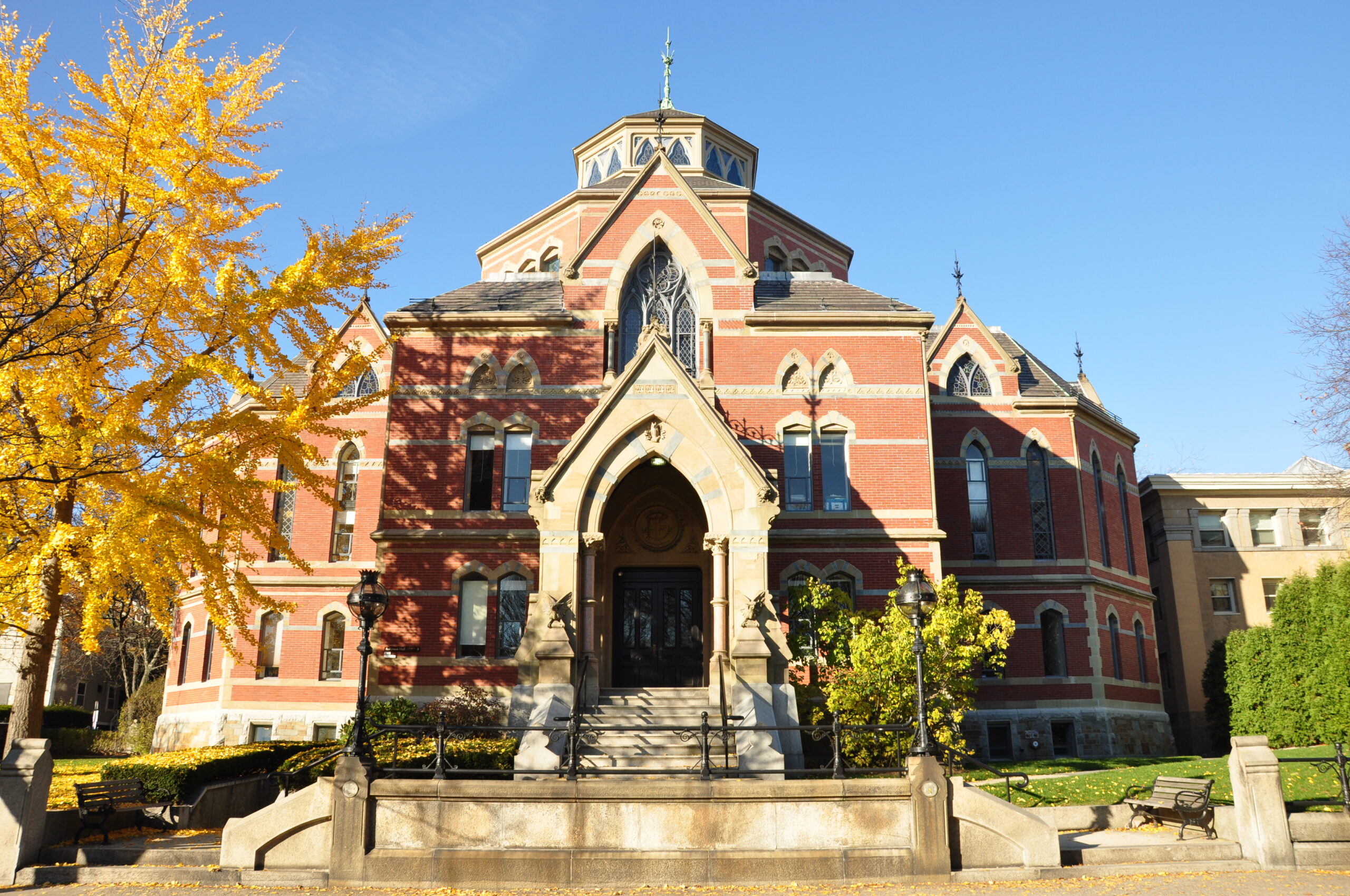In the realm of higher education, where the corridors echo with the chatter of inquisitive minds, the teachings of the Bahá’í Faith find fertile ground for exploration and dialogue. University students, often characterized by their ardent passion for justice and a commitment to meaningful social change, are ideally positioned to delve into these transformative principles. Through the lens of the Bahá’í teachings, young scholars engage in conversations that not only aim to address the myriad social injustices plaguing humanity but also cultivate an environment where unity and collective empowerment flourish.
The Bahá’í teachings serve as a guiding star, illuminating the pathways toward a more just and compassionate society. At their essence, these teachings emphasize the interconnectedness of all people, underscoring the imperative of recognizing our shared humanity. For university students, this perspective offers an invaluable framework for discussions centered around social change. The metaphor of a tapestry is poignant here; much like individual threads interwoven to create a cohesive and intricate design, the diversity of experiences and perspectives among students contributes to a rich dialogue that is both profound and transformative.
One of the primary tenets of the Bahá’í Faith is the concept of service to humanity, which resonates deeply with the ethos of many university students. Engaging in social change isn’t merely an act of charity; it becomes a collective endeavor that enriches both the giver and the recipient. Students are encouraged to view their contributions as vital threads within the broader fabric of society. Each act of service, no matter how seemingly insignificant, possesses the potential to catalyze larger movements toward equity and justice. This principle encourages a commitment to lifelong learning, inviting students to continually assess and refine their understanding of what it means to serve.
Furthermore, the Bahá’í teachings advocate for the elevation of discourse, urging individuals to approach conversations about social issues with a spirit of humility and open-mindedness. The metaphor of a garden is illustrative; just as a garden thrives through careful cultivation and the harmonious coexistence of various plants, so too does dialogue flourish when nurtured with respect and consideration. University students can cultivate their understanding of social change by facilitating discussions that embrace differing viewpoints while remaining anchored in shared principles. This approach fosters an environment where innovative solutions can emerge, drawing from the collective wisdom of diverse voices.
Moreover, an essential theme within Bahá’í teachings is the pursuit of knowledge as a means of serving humanity. This pursuit is inherently linked to social change; as students immerse themselves in academic inquiry, they become equipped to analyze systemic injustices and propose actionable solutions. Knowledge, akin to a lighthouse guiding ships to safe harbor, empowers students to navigate the complexities of social challenges. Universities become incubators of ideas, where the juxtaposition of rigorous scholarship and spiritual principles can yield transformative outcomes.
As conversations surrounding social change progress, it is crucial for students to recognize and challenge the inherent biases that may inform their perspectives. The Bahá’í Faith emphasizes the importance of self-examination and the cultivation of virtues, which encourages individuals to critically engage with their own assumptions. This process of introspection can be likened to polishing a gem—by examining and refining one’s own understanding, the brilliance of clarity and insight emerges. Engaging in dialogues about educational equity or environmental sustainability, for instance, requires a willingness to confront discomfort and to acknowledge the multifaceted nature of social issues.
Equipped with the understanding that social change requires sustained effort and collaboration, university students can benefit from the universe of partnerships available within the Bahá’í community. The collaborative model exemplified in Bahá’í teachings fosters alliances across disciplines, cultures, and belief systems. A vibrant mosaic of interactions invites students to transcend traditional silos, promoting interdisciplinary dialogue that is essential for addressing complex global challenges. Through service-learning initiatives, students can practice their academic knowledge in real-world contexts, enriching their experience and amplifying their impact within the community.
Furthermore, the Bahá’í teachings advocate for the empowerment of youth as primary agents of change. This recognition resonates deeply in contemporary society, where the voices of younger generations are increasingly pivotal in discussions about climate change, human rights, and systemic inequality. Universities can harness the unique energy and innovative perspectives of their students, leveraging this dynamism to inspire transformative action. Like a river carving its path through rock, relentless in its pursuit, empowered students can effectuate meaningful, enduring change.
Finally, as discussions surrounding social change intensify, it remains crucial for university students to remain steadfast in their commitment to the principles of unity, justice, and equity. The Bahá’í teachings reiterate that the cause of humanity is indivisible; the advancement of one is inextricably linked to the advancement of all. Thus, as students engage in conversations about social change, they must anchor their efforts in a community-focused approach that nurtures relationships, deepens understanding, and fosters collaboration. By doing so, they embody the very essence of social change—not merely as an abstract concept, but as a lived experience that bridges divides and uplifts the voices of all.
In conclusion, university students can harness the teachings of the Bahá’í Faith to inform their discussions about social change through service, collaboration, introspection, and a commitment to justice. Each interaction hones the collective potential for a more equitable world. Together, these seekers of knowledge can thread their ideals into the vibrant tapestry of humanity, one conversation at a time, transforming not only their own lives but the lives of countless others.
